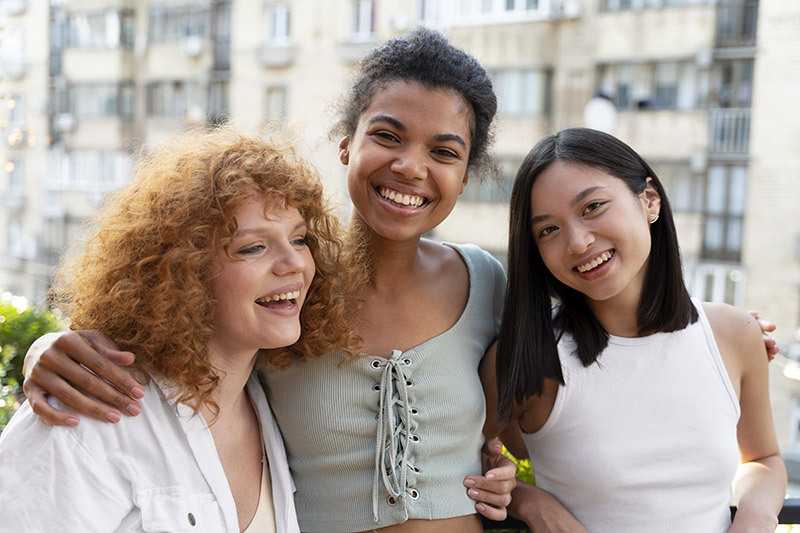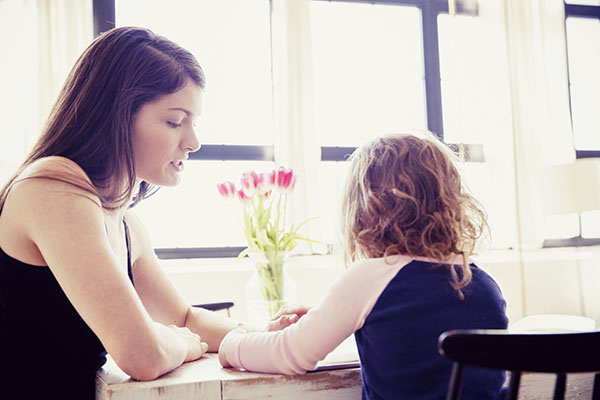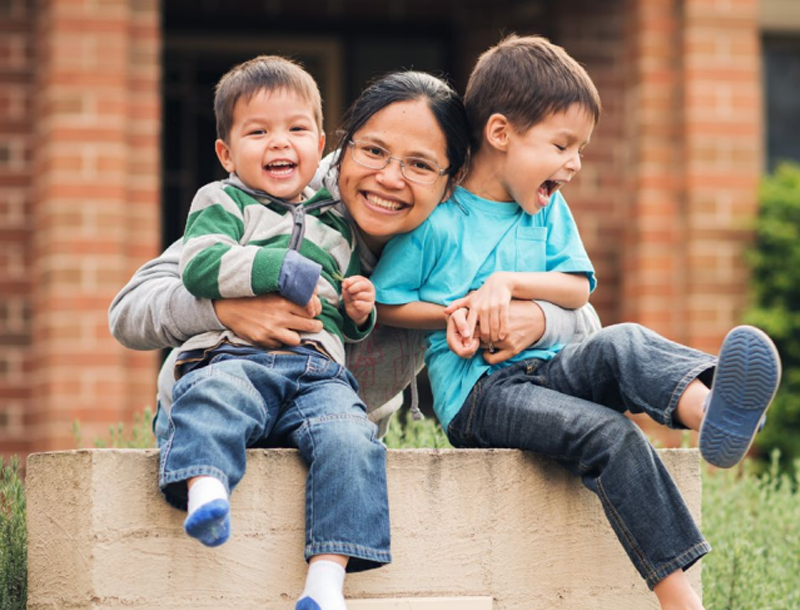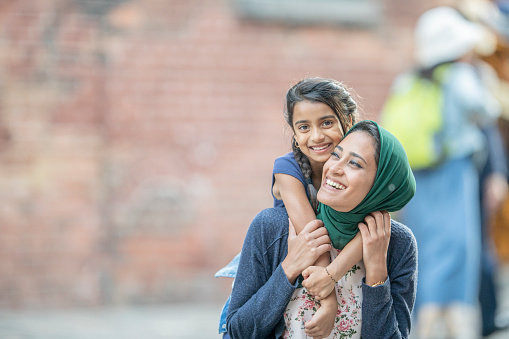Our DFCS aims to provide support with:
Upholding victim-survivor rights
Advocating for victim-survivors
Safety and wellbeing
Access and equity

About Our Disability Focus Casework Service
As a Service Provider, we aim to provide a specialised early intervention, response or recovery service to victim-survivors.
Our DFCS aims to:
- be victim-survivor-centred
- be culturally appropriate
- be responsive to the needs of marginalised cohorts
- be trauma and gender-violence informed
- utilise a human rights and social justice framework
- take a child-aware and parent-sensitive approach when working with families
- be inclusive of an intersectional feminist lens
- empower victim-survivors.

Contact
Please reach out to us via phone, email or make a referral.
Make a referral
Please select below to refer a client or make a self-referral
Self referral
Frequently asked questions
Please select any of the questions below to gain information about a question you may have
What Is A Disability?
Legal Definition Of Disability
United Nations Convention on the Rights of Persons with Disabilities
Persons with disabilities include those who have long-term physical, mental, intellectual, or sensory impairments, which in interaction with various barriers may hinder their full and effective participation in society on an equal basis with others.
Disability Discrimination Act (DDA)
The DDA legislation that protects Australians against discrimination based on disability provides a broad definition of disability including these eight types:
- Physical disability: Impacts mobility or dexterity
- Intellectual disability: Impacts ability to learn or process information
- Mental illness: Impacts thinking processes
- Sensory disability: Impacts the ability to hear or see
- Neurological disability: Impacts the brain and central nervous system
- Learning disability: Impacts acquisition, organisation, retention, and understanding of information
- Physical disfigurement: Impacts physical appearance
- Immunological disability: Impact due to the presence of organisms causing disease in the body
Learn more about our other casework services

Bankstown Domestic Violence Service (BDVS)
This service is available for women and children who have experienced abuse from a partner, ex-partner, carer or family member. It is available in the Bankstown LGA.

Financial Counselling Service
For women who have experienced domestic and family violence, we can support you to manage or clear unfair debt, manage outstanding fines, bills or rent, budget and plan for your financial goals.

Keeping Women Safe In Their Home (KWSITH)
The initiative aims to empower women to be able to stay in their own home or a home of their choosing and to be and feel safe. KWSITH allows women to maintain access to service supports, workplaces, schools, family and friends.

Staying Home Leaving Violence (SHLV) Program
Supports women who have left an abusive relationship, to protect them from further abuse and pursue their long-term goals. Available in Liverpool, Fairfield, Canterbury-Bankstown and Burwood LGAs.